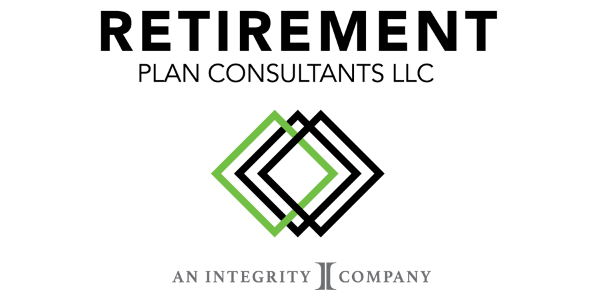What’s the difference between a 401(k) and 403(b) plan? This is a question we hear often. Employees of for-profit firms are eligible for 401(k) plans while employees of certain tax-exempt or not-for-profit organizations are eligible for 403(b) retirement plans.
Which Employers Can Establish 403(b) Plans?
Churches, public schools, non-profit organizations and hospitals can establish 403(b) plans for retirement planning. Employees can contribute part of their earnings to the 403(b) plan and employers can also contribute. Here’s the complete list from the IRS:
- Eligible employees of Code Section 501(c)(3) tax-exempt organizations;
- Eligible employees of public school systems. A public school system is defined in Code Section 170(b)(1)(A)(ii) as an education organization which normally maintains a regular faculty and curriculum and normally has a regularly enrolled body of pupils or students in attendance at the place where its educational activities are regularly conducted. Included in this category are employees of:
- Public schools
- State colleges
- Universities
- Eligible employees of churches;
- Employees of public school systems organized by Indian tribal governments;
- Ministers employed by Code Section 501(c)(3) organizations;
- Self-employed ministers, treated as employed by a tax-exempt organization that is a qualified employer; and
- Ministers (chaplains) who meet both of the following requirements:
- They are employed by organizations that are not Code Section 501(c)(3) tax-exempt organizations, and
- They function as ministers in their day-to-day professional responsibilities with their employers.
When Can Employees Access 403(b) Money?
You can access money from your 403(b) when you:
- Turn 59 ½
- Have a severance from employment
- Become disabled
- Die
- Have a financial hardship
Benefits of 403(b) Plans
You can always research the specific details of the 403(b) plan offered to see if it’s right for you. What should you look for? See if the 403(b) has low-cost investment options. Check to see if the plan has ERIS protection (Employee Retirement Income Security Act). Does your employer match contributions? If your employer matches 403(b) contributions and you can afford to contribute, it’s a good way to contribute money toward your retirement.
You can partner with RPC, explore the details of 403(b) plans and lean on our expert advice to point you in the right direction. Please contact us if you have additional questions about 403(b) plans or request a proposal.

